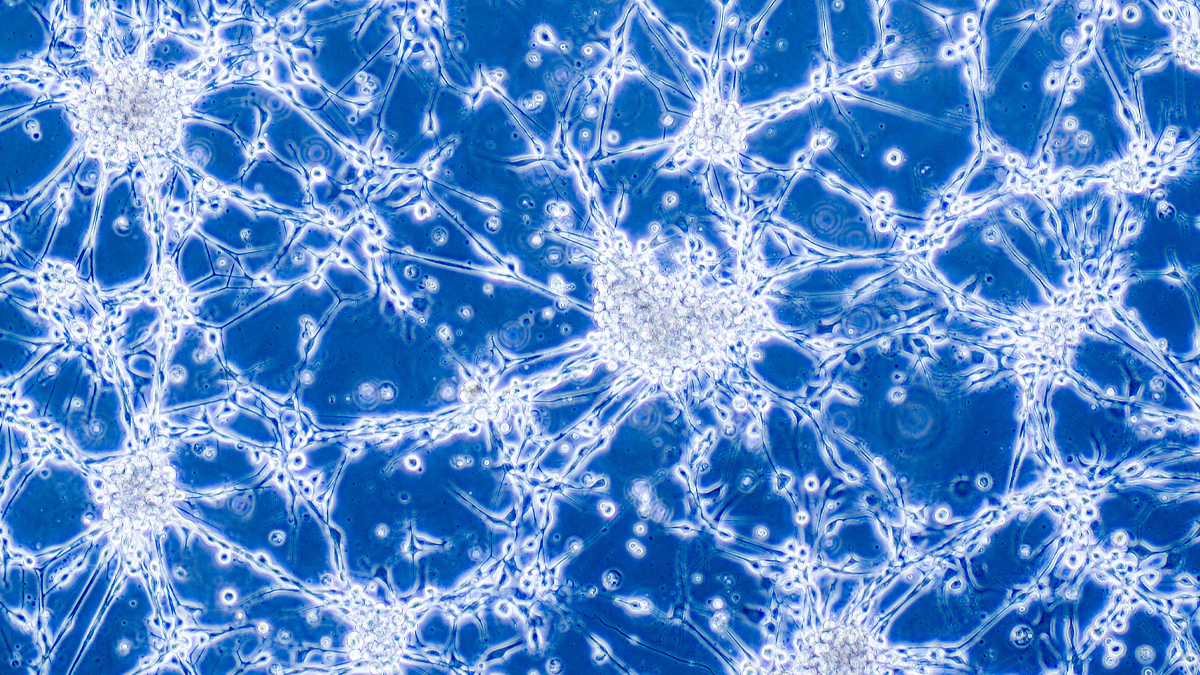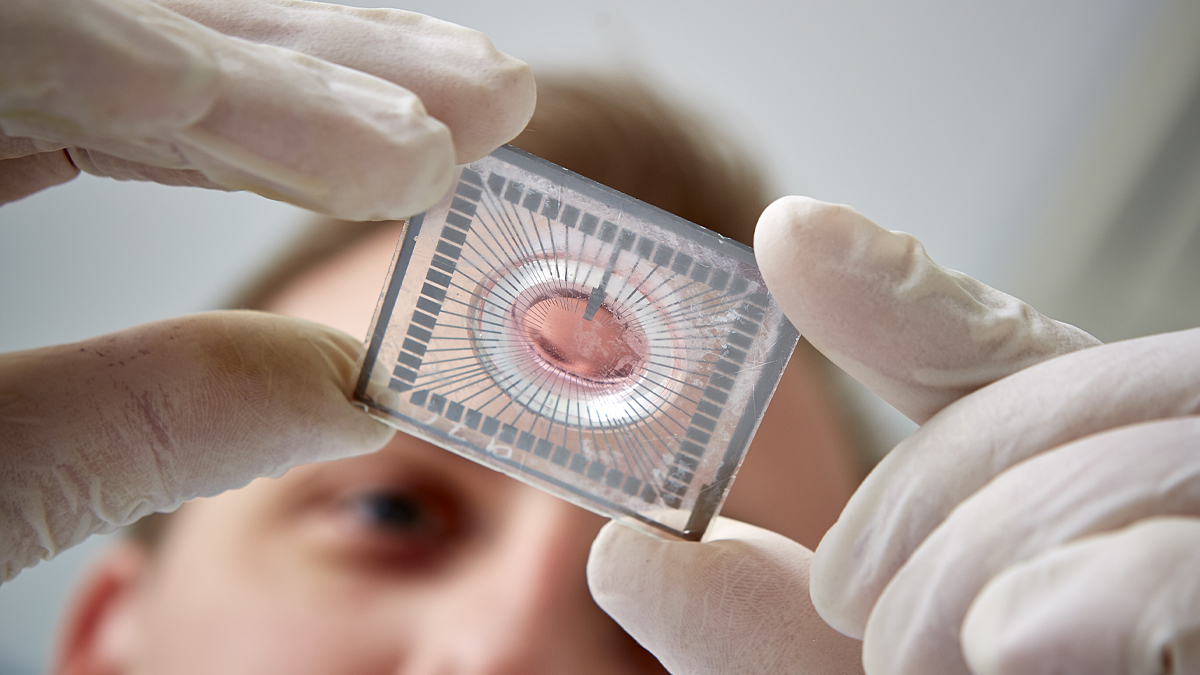When Marie-Theres Zeuner moved from Germany to continue her PhD in Pharmacy at the University of Reading, she found the close-working relationships between the doctoral researchers and the staff created an open-minded environment. This environment was one which enabled her to develop creative ideas and challenge current standards with no restrictions.
Marie's research focused on understanding the intracellular response in the cells of glioblastoma, aggressive brain tumours with high mortality and recurrence rates after therapy. This type of cancer harbors an inflammatory microenvironment which contributes to relapse and invasion. Toll-like receptor 4 (TLR4), a transmembrane receptor on glioblastoma cells, can sense molecules released after damage and activates distinct inflammatory responses (signalling bias).
Marie's research focused on understanding the intracellular response in glioblastoma cells when they were challenged with different TLR4 ligands. Marie showed that intracellular signalling is dependent on the nature of the ligand. Because this signalling bias can influence the aggressiveness of glioblastoma cells, her results pointed towards new therapy options for this destructive and deadly disease.
After starting her PhD in Germany, Marie's supervisor, Dr Darius Widera was appointed to a lectureship in the School of Chemistry, Food and Pharmacy at Reading. Marie visited the University and was impressed by the academic staff, PhD students and research facilities at Reading, which helped her make the decision to move with her supervisor.
Marie was keen to study abroad, work in a new research environment, meet interesting people and improve her English. This move, however, resulted in her losing four months of valuable study time.
"Luckily, I had help from a lot of students and staff from other research areas. Looking back, I learned a lot in that time. The key was to stay focused on what I wanted to achieve and to work towards it."
Outside of the School of Chemistry, Food and Pharmacy, Marie also benefitted from the many opportunities provided by the Doctoral and Researcher College.
"The Doctoral and Researcher College provides support and many development opportunities. Students can only benefit from the extensive range of courses for different interests and stages. All of the courses, and the doctoral research conference, were a great opportunity to network and learn from other doctoral researchers' and lecturers' experiences."
Marie believes a doctoral researcher should demonstrate three traits during their PhD - curiosity, independence, and an open mind. Following the completion of her PhD, Marie took up a post as an educational medical writer where she performs the vital role of 'translating' the communications from pharmaceutical companies for an audience of doctors and pharmacists. Marie also helps prepare professional tools and resources for sales representatives of pharmaceutical companies.
Marie was selected to attend the prestigious Roche Continents programme to explore sources of inspiration at the intersection of science and art, as well as the creative processes that drive innovation.



